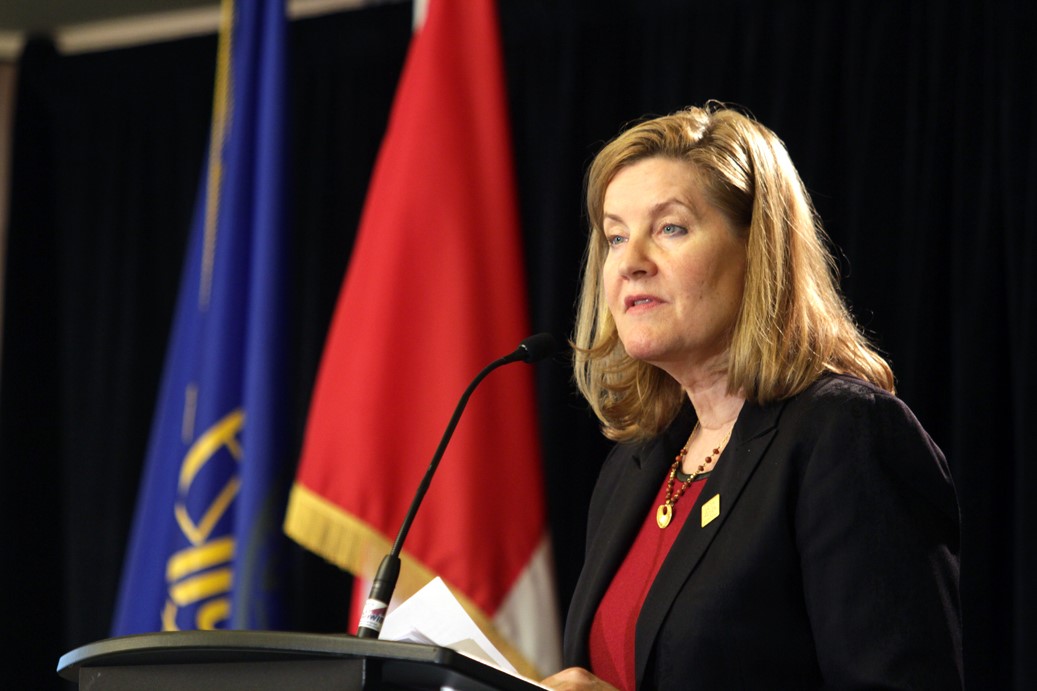IICA Canada’s Annual Accountability Seminar in May 2017 highlighted the potential for Latin American and Caribbean region to achieve productivity gains and position itself to be the world’s breadbasket.
In high-income countries such as Canada, investments in agricultural research, extension services and rural infrastructure have resulted in significant agricultural productivity gains. The gains in developed countries alone will not, however, be sufficient to address the growing demand to feed the world’s population.

Feeding a world population of 9.7 billion people in 2050, particularly one that is entering the middle class, will require raising overall food production by between 60-110%, compared with a baseline of 2005. A large amount of this increased production, close to two-thirds, needs to come from developing countries.
Optimism was expressed at IICA Canada’s seminar when Dr. Margaret Zeigler, Executive Director of the Global Harvest Initiative, a guest speaker at the seminar, contended that the Latin American and Caribbean region, being rich in the natural resources required for food production, has significant potential to achieve productivity gains without increasing the use of inputs. This can be realized through the adoption of innovations, technologies and efficient sustainable practices. Her presentation “The Americas Rising: The Indispensable Global Breadbasket” drew interest from participants representing the agricultural industry sector, academia, the diplomatic corps and government.
One of its key areas of focus for IICA’s delegation in Canada is to promote research collaboration and knowledge sharing with the rest of the hemisphere. Dr. Zeigler mentioned the collaborative research that resulted in Canada becoming the world’s largest exporter of pulses with hectares increasing by 1000% between 1981 and 2011. “This is a fantastic success story. Through organizations such as IICA, Canada can share its expertise and approaches to agriculture with the hemisphere. “
The IICA Delegation in Canada was pleased that the Institute’s Director of Technical Cooperation, Dr. Salvador Fernández, was visiting Canada to deliver a presentation to the seminar participants on the Institute’s results for the Medium Term. The seminar attracted about 65 participants, including members of the Diplomatic Corps representing Latin America & the Caribbean, Government officials from the Agriculture and Agri-Food Canada (AAFC), Global Affairs Canada, Health Canada, and the International Development and Research Centre (IDRC), several non-Governmental Organizations, academia, private sector representatives and private individuals.
The seminar serves to keep IICA’s stakeholders informed on the plans, activities and achievements of IICA. Participants were provided a report on the results achieved by Canada’s delegation in 2016 and were invited to provide input on our progress and future directions. Further to the formal presentations, participants enjoyed a lunch, a mini-exposition containing information and details on IICA’s programs and achievements and the opportunity for networking.











